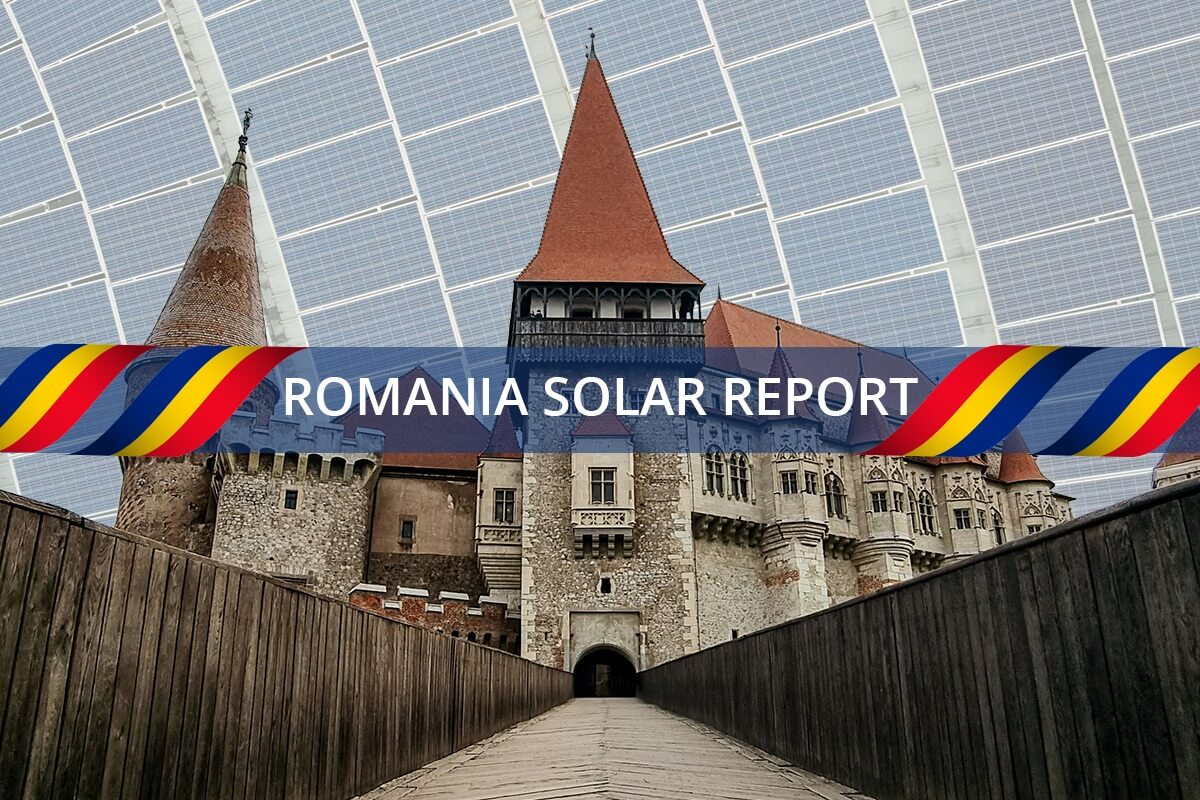In 2025, Romania’s solar energy sector has made significant strides, reflecting the country’s broader commitment to renewable energy. This year, several key developments and press releases highlight the progress and challenges within the solar energy industry.
New Solar Projects and Capacity Expansion in Romania solar energy
A major highlight of 2025 is the announcement of several new solar projects across Romania. The government has approved the construction of multiple solar farms, including the largest solar park in the country, expected to produce over 150 MW of electricity. This project, located in the southern region, is set to become operational by the end of 2026 and will significantly boost the nation’s renewable energy capacity.
Moreover, a consortium of international investors has committed to funding a series of smaller solar installations in rural areas. These projects aim to provide clean energy to off-grid communities, thereby improving energy access and reducing reliance on fossil fuels. Romania has seen stunning growth, with 900 MW added in 2025, marking a significant increase in solar energy capacity (as reported by pvknowhow.com). Additionally, Restart Energy’s 500 MW solar park is scheduled to begin construction in Q2 2025, further contributing to the nation’s solar capacity.
Government Incentives and Policy Support for Romania solar energy
The Romanian government has introduced a range of incentives to encourage investment in solar energy. A new policy framework unveiled in 2025 offers tax breaks and subsidies to both domestic and foreign companies investing in solar power. These incentives are designed to make Romania more attractive to renewable energy investors and to accelerate the country’s transition to a green economy.
In addition, the government has launched a public awareness campaign to promote the benefits of solar energy. This initiative aims to educate citizens about the advantages of solar power, particularly in terms of reducing energy bills and contributing to environmental sustainability.
Technological Innovations in Romania solar energy
Technological advancements have also played a crucial role in the growth of Romania’s solar energy sector. In 2025, several Romanian startups have emerged as key players in the development of innovative solar technologies. These include high-efficiency solar panels and advanced energy storage systems that are set to revolutionize the industry.
A notable example is the launch of a new solar panel manufacturing facility in Cluj-Napoca. This state-of-the-art plant, equipped with the latest technology, is expected to produce solar panels with an efficiency rate of up to 25%. This development marks a significant step forward in Romania’s ability to produce high-quality solar equipment domestically.
Challenges and Future Prospects for Romania solar energy
Despite the positive developments, Romania’s solar energy sector still faces several challenges. Grid infrastructure remains a bottleneck, with many solar projects experiencing delays due to insufficient capacity to integrate new renewable energy sources. The government has acknowledged this issue and has pledged to invest in upgrading the national grid to accommodate the growing volume of solar energy.
Another challenge is the regulatory environment, which some investors have described as complex and bureaucratic. To address this, the government has committed to streamlining the permitting process for solar projects, making it easier for companies to enter the market.
Looking ahead, the future of Romania’s solar energy sector appears promising. The government’s commitment to renewable energy, combined with increasing investor interest and technological advancements, suggests that solar power will play an increasingly important role in the country’s energy mix. By 2030, Romania aims to generate at least 35% of its electricity from renewable sources, with solar energy expected to contribute significantly to this target.
In conclusion, 2025 has been a pivotal year for Romania’s solar energy sector. With new projects, supportive policies, and technological innovations, the country is well on its way to becoming a leader in renewable energy in Eastern Europe. However, addressing the existing challenges will be crucial to ensuring the continued growth and success of the solar energy industry in Romania.

